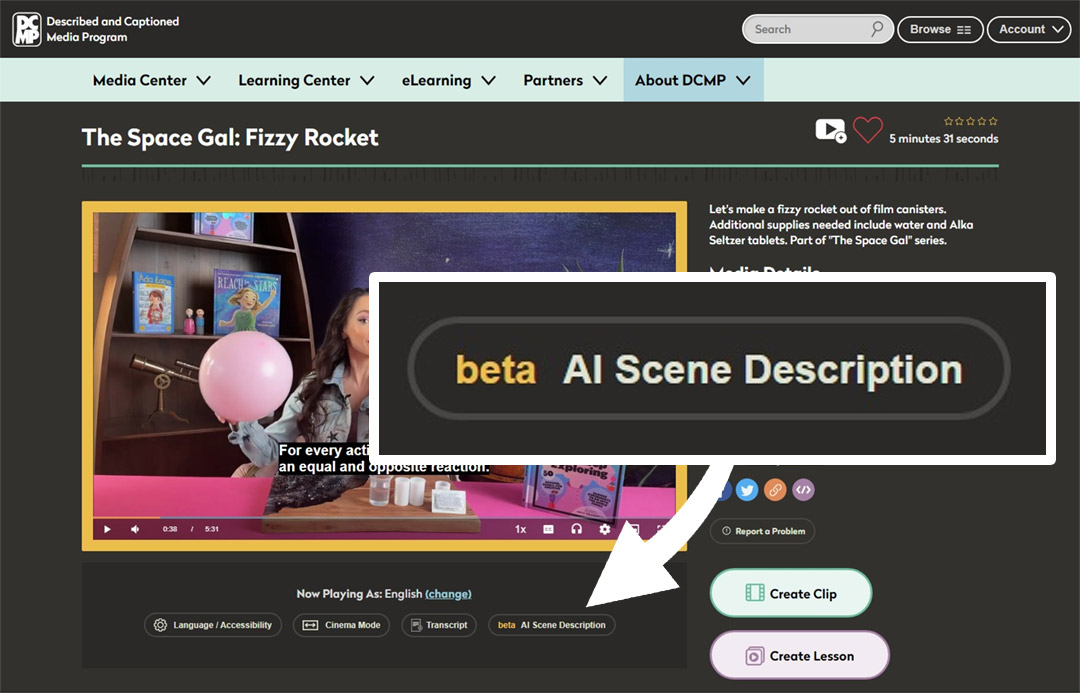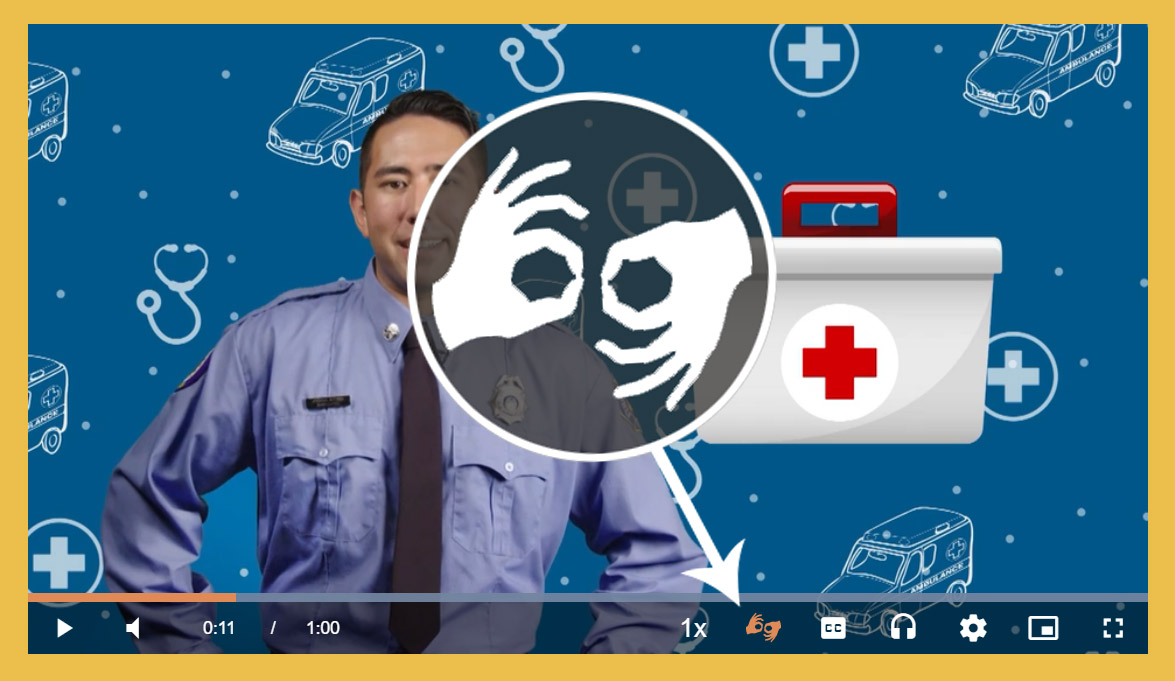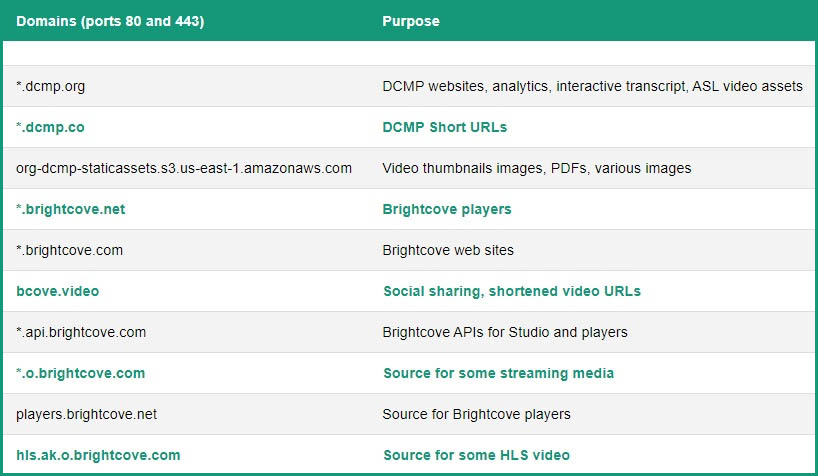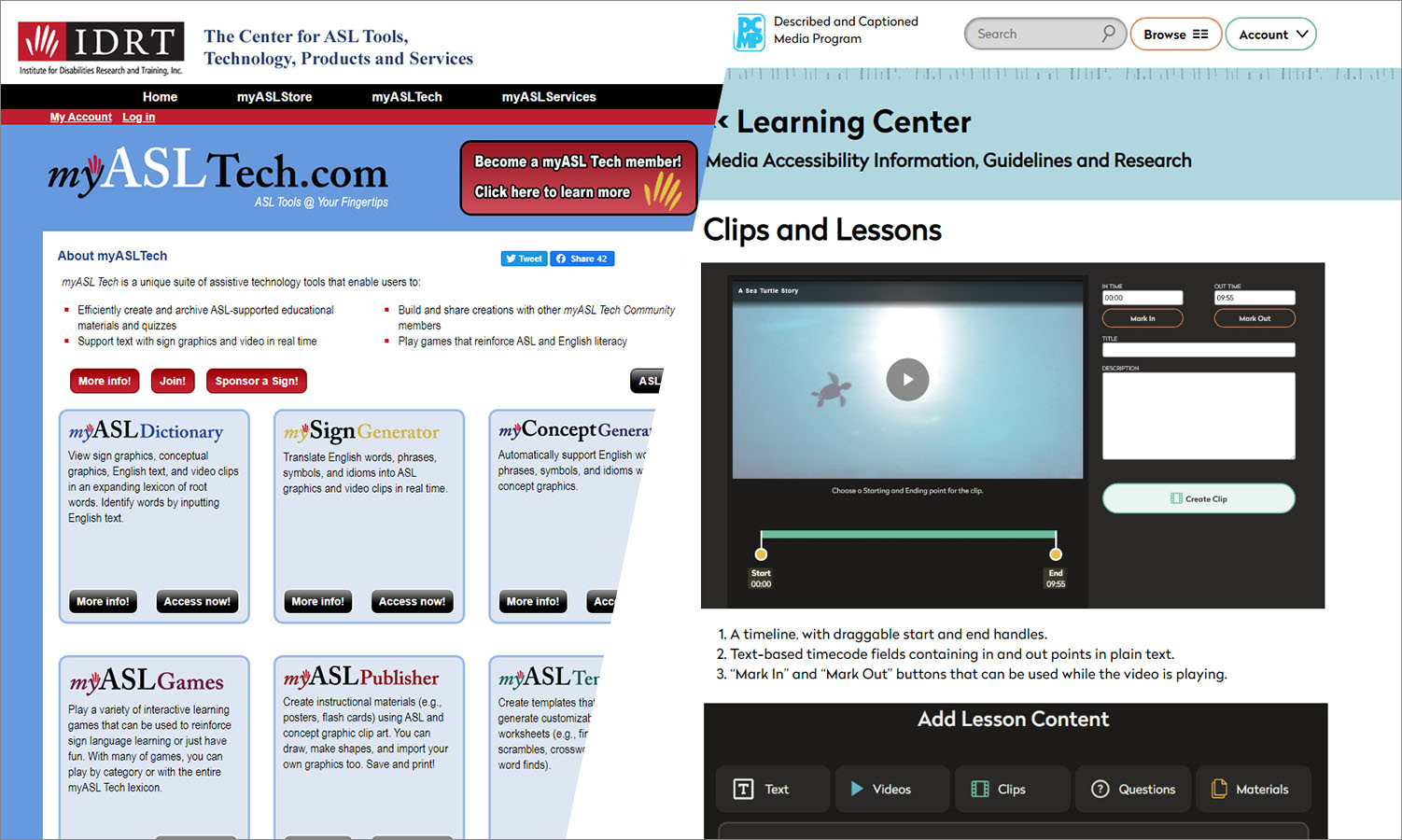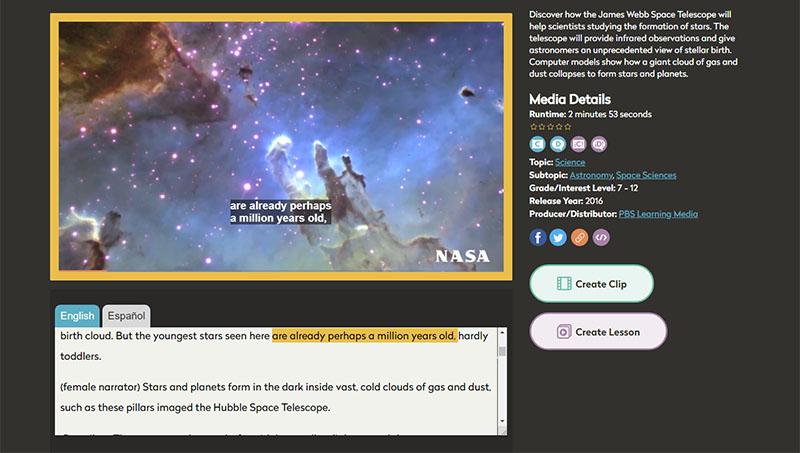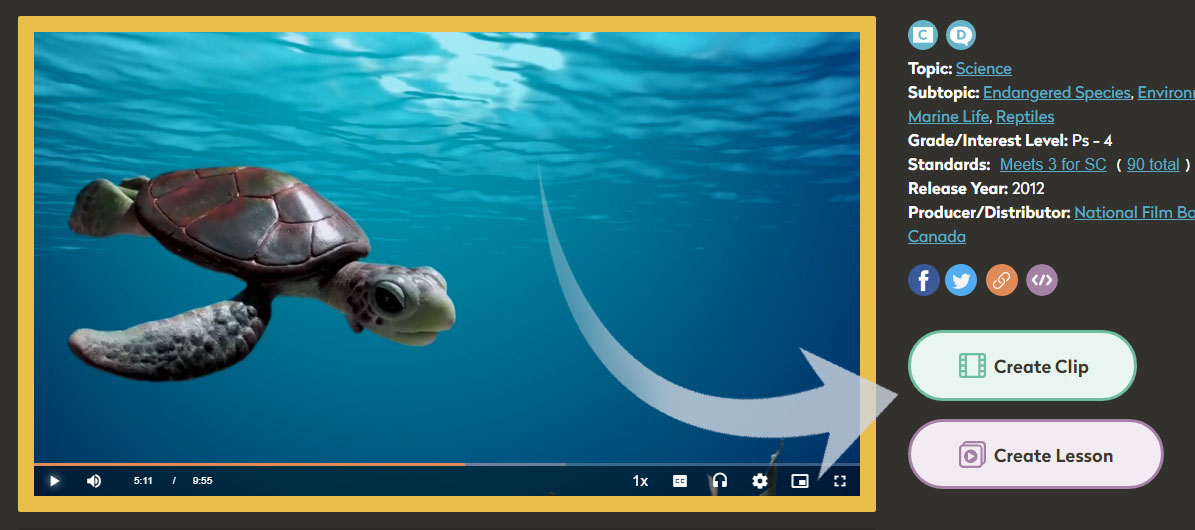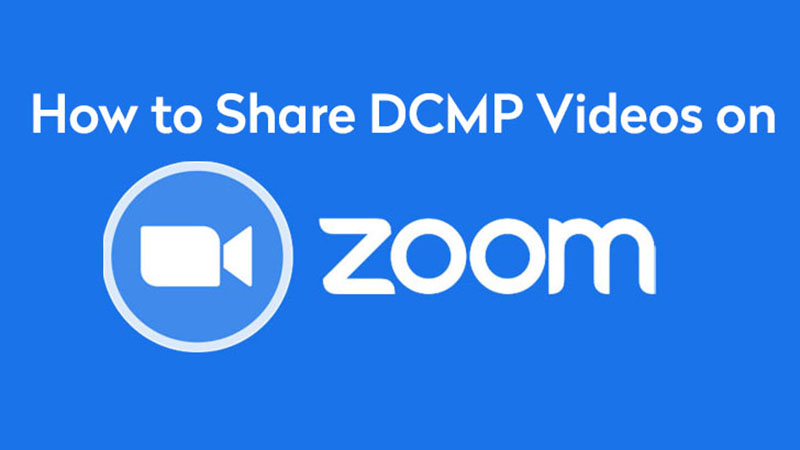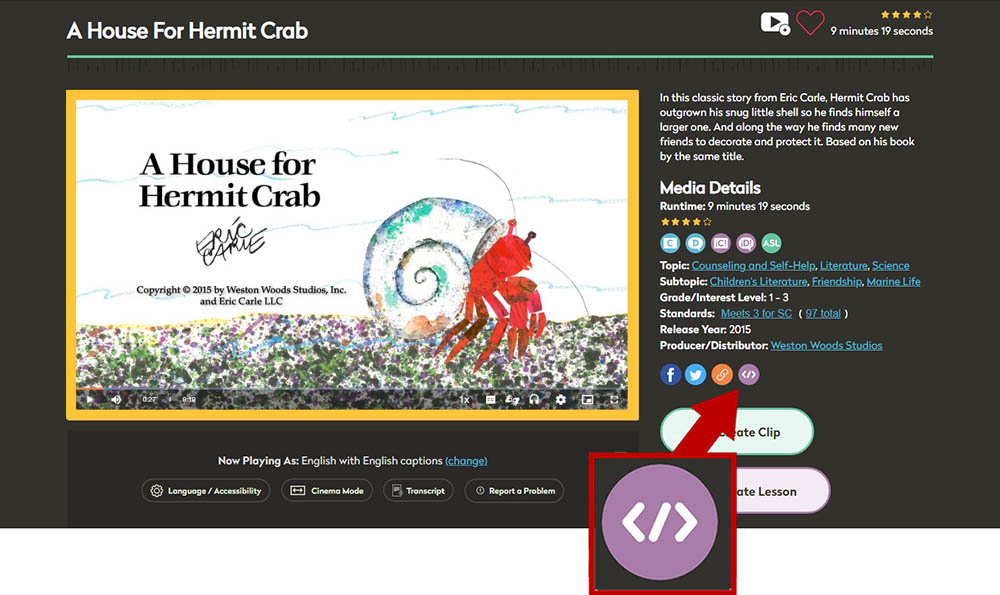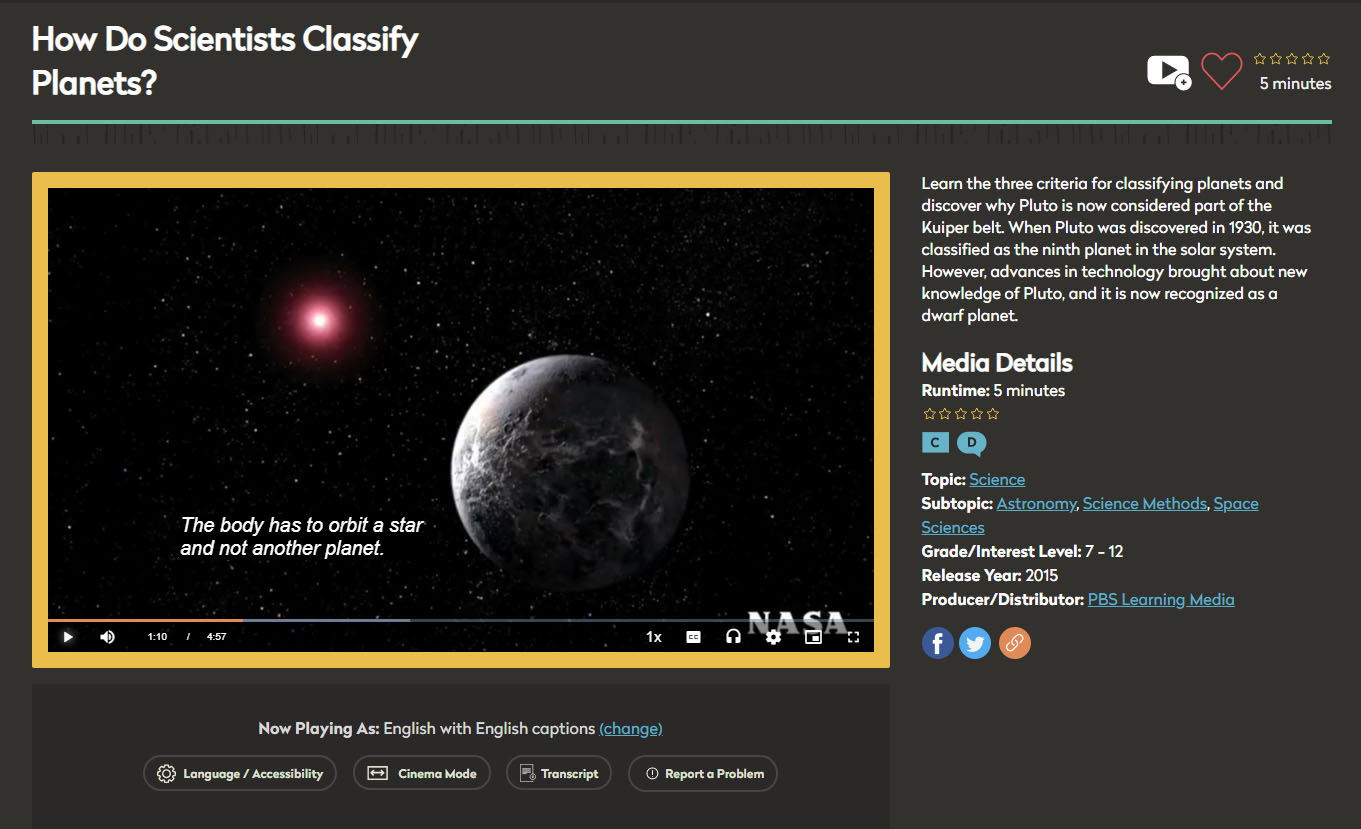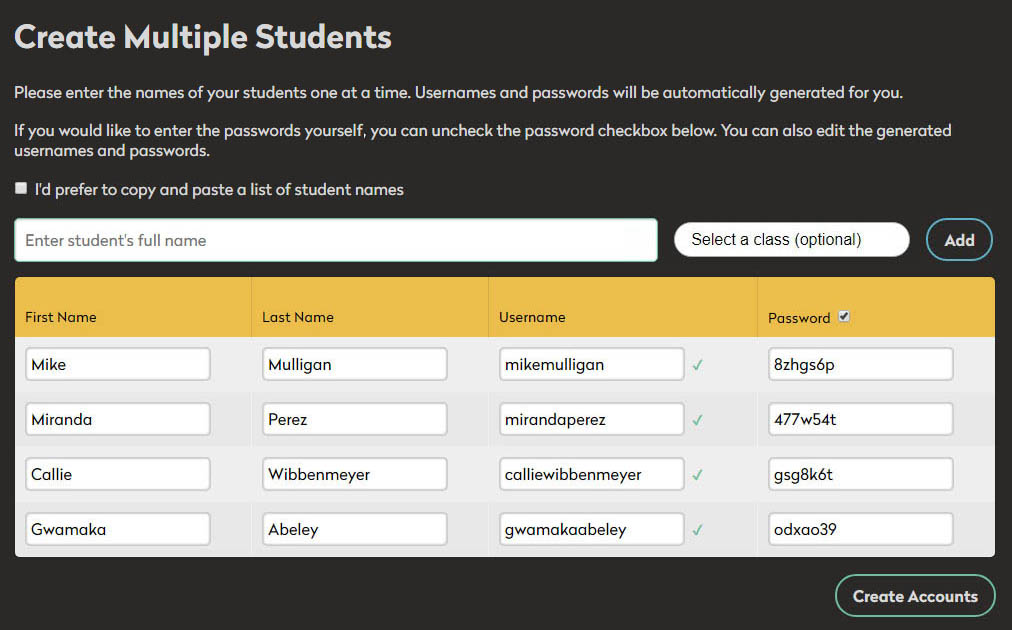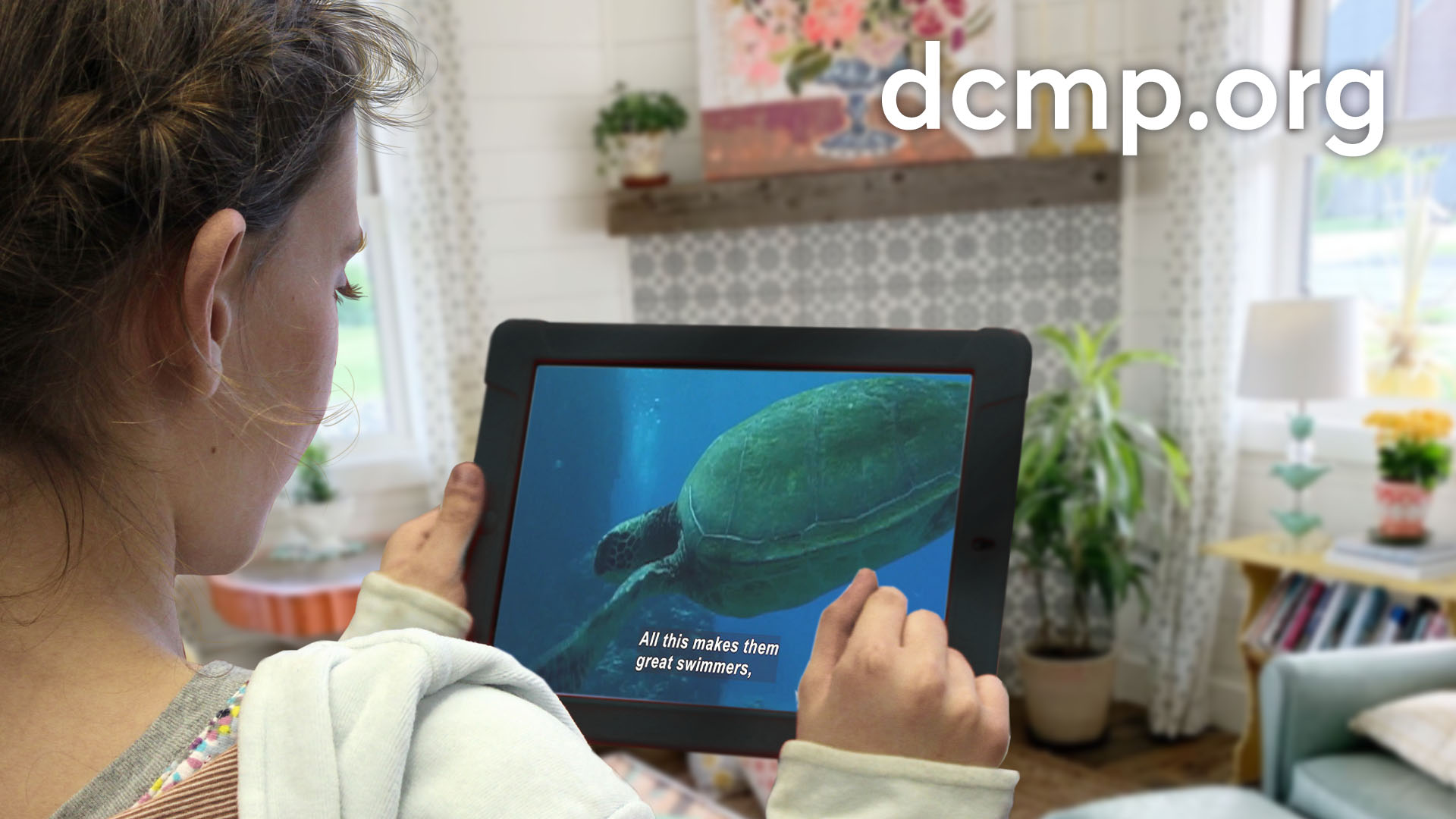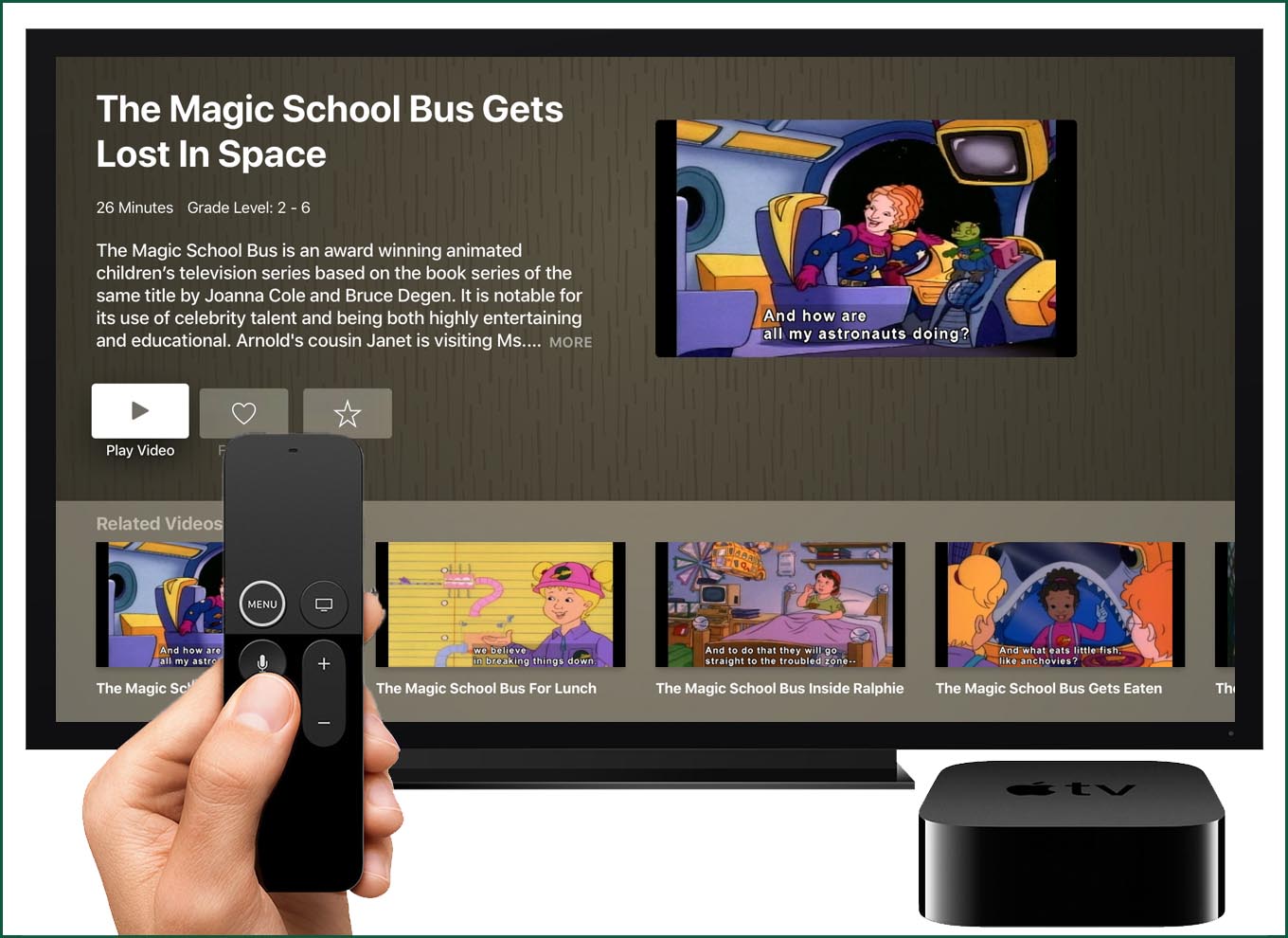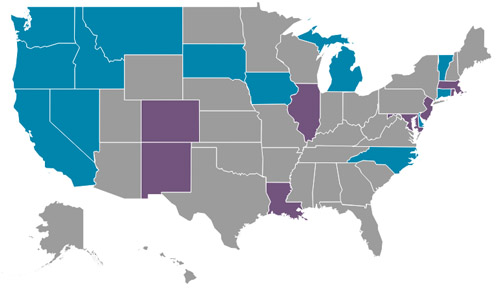Learning Center
Filtering by tag: help
-
DCMP's AI Scene Description Tool
DCMP operates the nation’s largest fully-accessible educational video platform, with a library of 18,000 videos designed for use by early learner through Grade 12 students with disabilities. Our development team has been working on ways to use artificial intelligence (AI) to help with accessibility challenges, including those that might be considered “impossible.” We’re excited to present “AI Scene Description,” a new tool for students who are blind and have low vision that can describe the visual elements of any frame within a paused video.
From DCMP Help Center -
Major Upgrades for DCMP's ASL Pop-Up Player
We’re excited to announce important upgrades in our ASL Pop-Up, a secondary video player that provides American Sign Language interpretation of video content. While we’ve been busy adding ASL to hundreds of videos in the DCMP streaming library, we’ve also been developing new ways to improve the user experience for our members.
From DCMP Help Center -
Domains and Ports That Must Be Accessible to Use DCMP
In order to use DCMP services within your school's network, your browser needs to be able to access a number of required domains and ports. If you are having problems with playing DCMP media, please send this page to your IT department at your school or district and request these domains be allowed through your firewall. If you cannot access domains listed below, you will experience issues using DCMP services. All services communicate over ports 80 and 443. If you have additional questions please contact us at districtsupport@dcmp.org.
From DCMP Help Center -
Using myASLTech with Clips and Lessons
myASLTech, a unique suite of assistive technology tools for creating educational materials, offers a membership discount through DCMP. If you're a DCMP member, you can import educational materials created with myASLTech into DCMP's Clips and Lessons.
From DCMP Help Center -
Interactive Transcripts for Captions and Description
DCMP videos include transcripts of the caption and description files. Interactive Transcripts scroll "live" as the video plays, with words highlighted in yellow as they are captioned or spoken so that students can follow along. Interactive Transcripts are accessible by screen readers.
From DCMP Help Center -
How to Share a DCMP Video in Zoom
Teachers can use video conferencing apps like Zoom to share DCMP videos with students. Sharing DCMP videos in Zoom appears to work fine on Apple computers, but some Zoom users report issues with Windows. While we recommend creating Student Accounts for reliability, we have found a solution that may work if you are using the Chrome browser in Windows.
From DCMP Help Center -
How to Embed DCMP Videos
DCMP videos can be embedded in any secure web page or learning management system (LMS) that accepts HTML embed code and has a valid TLS/SSL certificate. If you see a "padlock" symbol in the address bar while using your website/LMS, this indicates the site is secure, and should work with DCMP video embeds.
From DCMP Help Center -
DCMP's Player-Based Captions, ASL, and Audio Description
To ensure that all media in DCMP's video library is always accessible, captions have been "burned in" or "open," meaning the captions are physically part of the video. Likewise, audio description has been added to each video's main soundtrack. Beginning in April, 2020, captions and description began transitioning to "player-based," meaning that these accessibility features are comprised of separate tracks that can be toggled on and off by the viewer. To continue DCMP's commitment to ensuring each viewing of every video is accessible, at least one accessibility feature will always remain on. All new content will have player-based accessibility upon release, and existing content will gradually switch to player-based as we quality check each one to ensure proper functionality.
From DCMP Help Center -
Classroom, Remote, and Hybrid Learning With DCMP Accessible Videos
Teachers and parents across the country are taking advantage of DCMP's resources for classroom, remote, and hybrid learning. For educators who have at least one student with a disability, DCMP can help ensure that educational videos are accessible for students learning in the classroom and at home.
From DCMP Help Center -
Online Workshops
From DCMP Help Center
